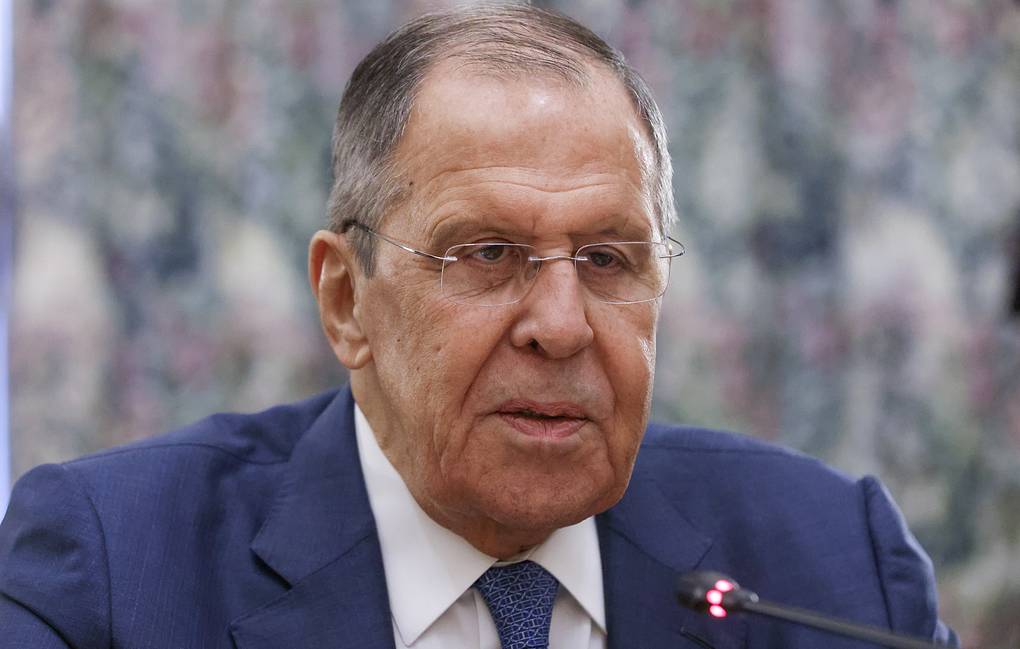Furthermore, Putin acknowledged and expressed gratitude for the efforts made by China, Brazil, and other allies in exploring avenues for a peaceful resolution to the conflict

News Desk
MOSCOW: During a recent conversation at the BRICS summit in Kazan, Russian President Vladimir Putin highlighted Ukrainian President Volodymyr Zelensky’s previous rejection of negotiations concerning the ongoing conflict in Ukraine. This assertion came from Russian Foreign Minister Sergey Lavrov, who elaborated on the discussions between Putin and Chinese President Xi Jinping, emphasizing Russia’s readiness to engage in peace talks. Lavrov pointed out that the discussion included “well-known facts” regarding Zelensky’s stance, reiterating that Moscow remains open to dialogue.
Furthermore, Putin acknowledged and expressed gratitude for the efforts made by China, Brazil, and other allies in exploring avenues for a peaceful resolution to the conflict. Lavrov stated, “Vladimir V. confirmed that we appreciate the wish of China, Brazil and other our strategic partners from the Global South to find ways of peaceful settlement of the conflict.” This acknowledgment reflects Russia’s broader diplomatic strategy to garner support from its international partners while highlighting the role of nations in the Global South in facilitating negotiations.
The 16th BRICS Summit, held from October 22-24, served as a pivotal platform for discussing key issues, including global development, the association’s position on various international challenges, and the resolution of regional crises, notably in Ukraine and the Middle East. The summit was particularly significant as it marked the first attendance of new members—Egypt, Ethiopia, Iran, Saudi Arabia, and the United Arab Emirates—who officially joined the group on January 1, 2024. This expansion underscores the increasing influence of BRICS as a counterbalance to Western political dynamics and reflects a growing coalition among emerging economies.
The Kazan Declaration, adopted during the summit, encapsulated the members’ commitment to collective efforts in addressing global problems and crises, further solidifying the group’s role as a key player in international affairs. The emphasis on dialogue and peace negotiations regarding Ukraine illustrates the complexity of geopolitical relationships and the diverse perspectives within the BRICS framework. As the situation in Ukraine continues to evolve, the positions articulated by leaders at the summit will likely influence the dynamics of future negotiations and international cooperation.



